Question And Answer
Publications
Articles, publications, books, tools and multimedia features from the U.S. Institute of Peace provide the latest news, analysis, research findings, practitioner guides and reports, all related to the conflict zones and issues that are at the center of the Institute’s work to prevent and reduce violent conflict.
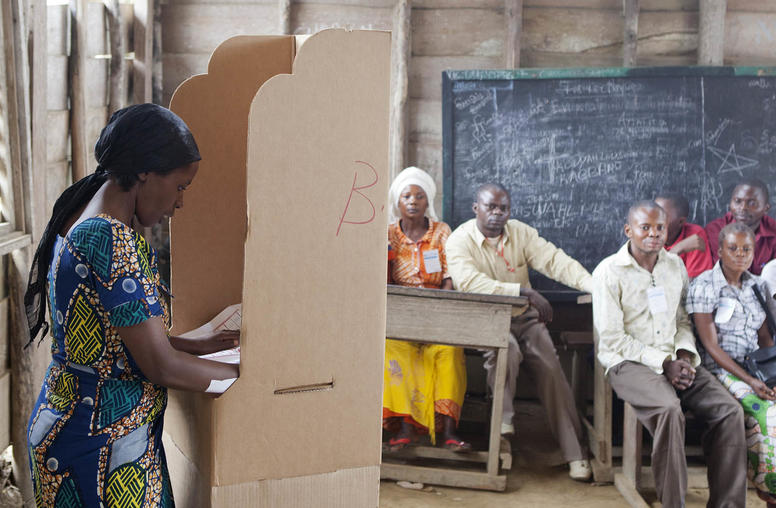
Can the DRC Hold Free and Fair Elections Amid Mass Displacement?
On December 20, the Democratic Republic of the Congo (DRC) is holding its first elections since the peaceful — but contested — transfer of power in 2019 from former President Joseph Kabila to current President Felix Tshisekedi. The elections come amid a climate of instability throughout the country, underpinned by conflict in the eastern regions, economic and social crises, and mistrust between the government and opposition. USIP’s Wapoenje Dacruz Evora and Elizabeth Murray examine the major candidates and the issues most important to voters, the risk for violence during the electoral process, and whether free and fair elections are possible given the mass displacement of civilians in the eastern DRC.
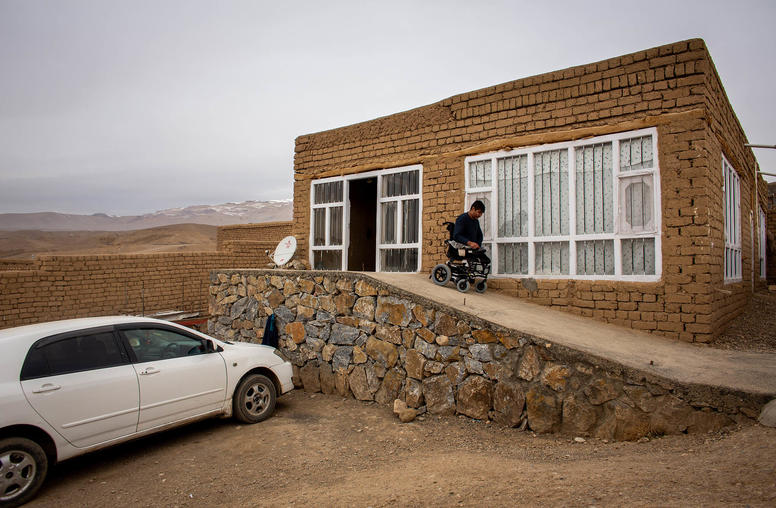
The Role of Accessibility and Funding in Disability-Inclusive Peacebuilding
Persons with disabilities are often left out of peace processes despite comprising an estimated 15 percent of the world’s population. Among those most acutely affected by violence and armed conflict, persons with disabilities who are living in — or attempting to leave — conflict zones face numerous threats to their physical and mental wellbeing, which can aggravate pre-existing disability or lead to secondary disability. Armed conflict and violence also increase the number of newly acquired disabilities, and many of those individuals face the same barriers and challenges as persons with existing disabilities — but without the previous lived experience.
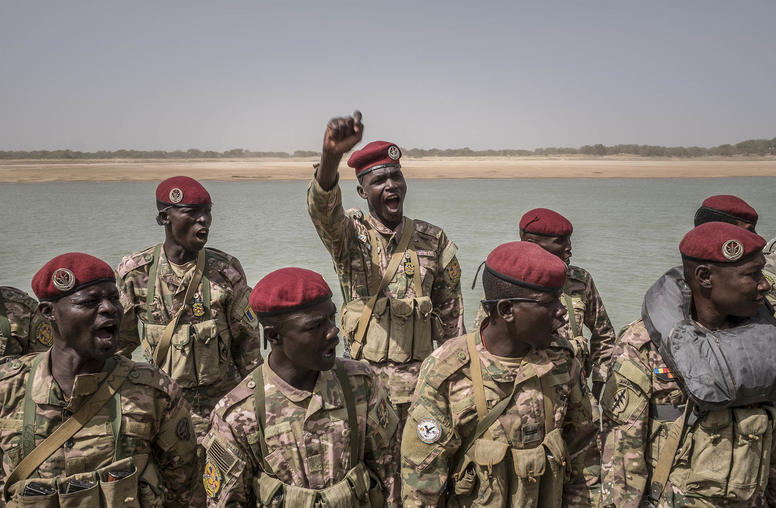
Chad’s Delayed Transition is Frustrating Its Citizens
On May 14, demonstrations against France’s influence in Chad turned violent, injuring several policemen and leading to damage at several French-owned gasoline stations in Chad’s capital city of N'Djamena. Wakit Tamaa, the civil society and opposition coalition that called for the demonstrations, had organized the event for participants to express their disapproval of French military influence in the country — including perceived French support for the Transitional Military Council (CMT) that has ruled the country since April 2021.

La Transition Retardée du Tchad Frustre ses Citoyens
On May 14, demonstrations against France’s influence in Chad turned violent, injuring several policemen and leading to damage at several French-owned gasoline stations in Chad’s capital city of N'Djamena. Wakit Tamaa, the civil society and opposition coalition that called for the demonstrations, had organized the event for participants to express their disapproval of French military influence in the country — including perceived French support for the Transitional Military Council (CMT) that has ruled the country since April 2021.

Elizabeth Murray on Peacebuilding and the Global Disability Summit
The pandemic has “really laid bare some inequalities” facing those with disabilities, says USIP’s Elizabeth Murray. But last week’s Global Disability Summit offered “an opportunity for disability inclusion to be integrated across U.S. foreign policy,” particularly when it comes to peacebuilding programs.
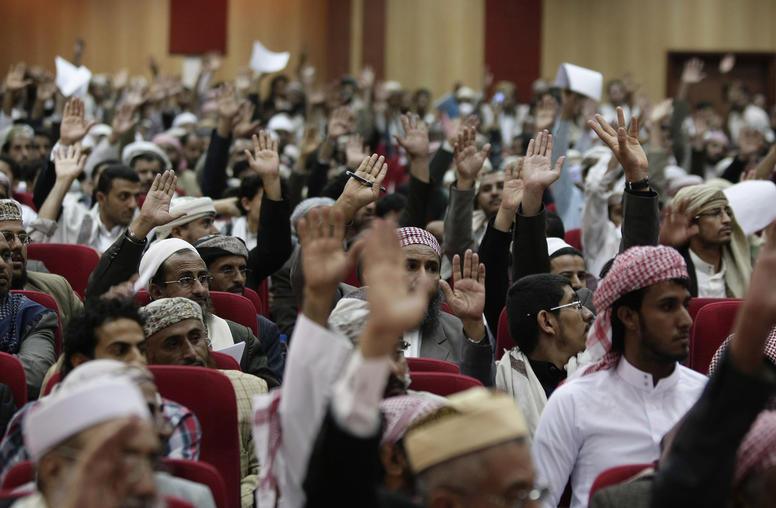
National Dialogues in Peacebuilding and Transitions: Creativity and Adaptive Thinking
At their best, national dialogues hold the promise of adding critical momentum in the drive to transform conflict inclusively. This report examines dialogues in six countries—the Central African Republic, Kenya, Lebanon, Senegal, Tunisia, and Yemen. These diverse processes show the possibilities for fostering dialogue, forging agreements, and driving toward peace; and the report offers extensive guidance on the possibilities and practicalities for those considering convening a national dialogue.
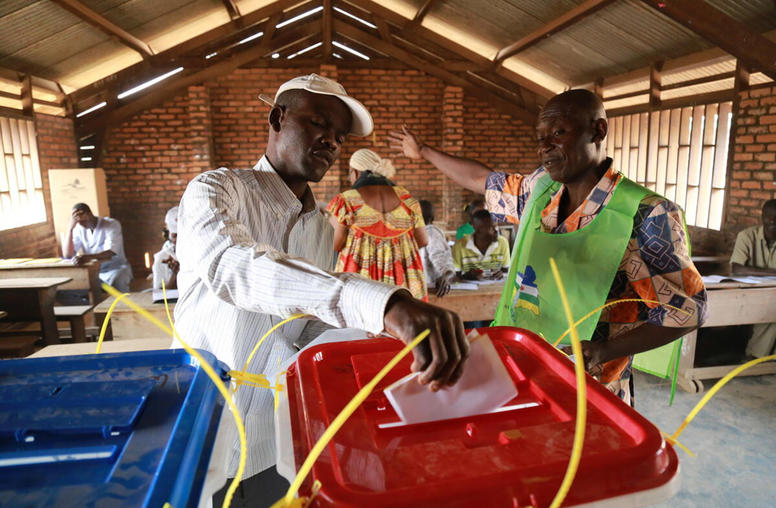
Central African Republic’s Disputed Elections Exacerbate Rising Tensions
After an election period marked by violence and rising tension, the Central African Republic’s (CAR) incumbent president, Faustin Archange Touadéra, has been re-elected, according to the country’s election commission. Days before the vote, a disparate medley of armed groups coalesced to demand the vote be postponed. Since the polls’ closing, there has been a serious spike in violence with fighting in many major towns. The political opposition as well as the newly formed armed coalition have rejected the results and have demanded a re-run election. USIP’s Elizabeth Murray and Rachel Sullivan explain what led to rising violence in the weeks before the polls, what it means for the floundering 2019 peace agreement, and where the international community stands.
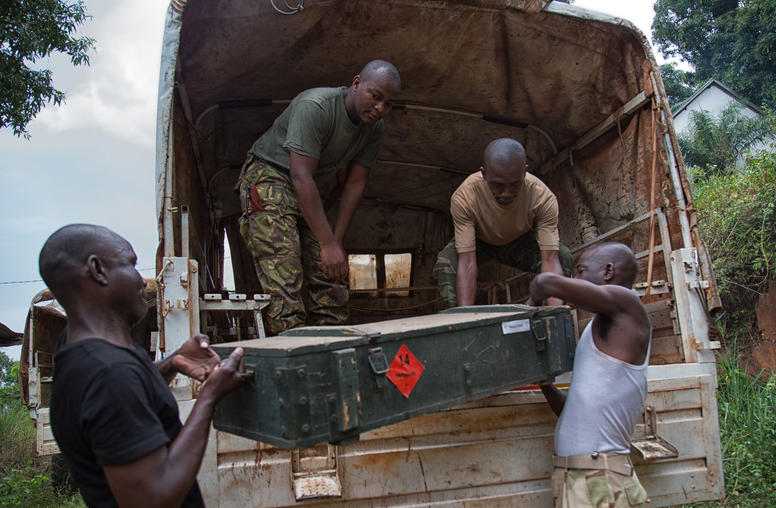
Central African Republic Struggles to Implement Peace Deal
The peace agreement signed in the Central African Republic (CAR) in early 2019 is the eighth in seven years, numbers that suggest how difficult it will be to even attempt to end to the country’s multi-sided conflict. That said, the accord this time was reached after more extensive preparations for talks and with greater international support than in the past, perhaps improving conditions for a sustainable halt to violence that has displaced more than 1.2 million people.
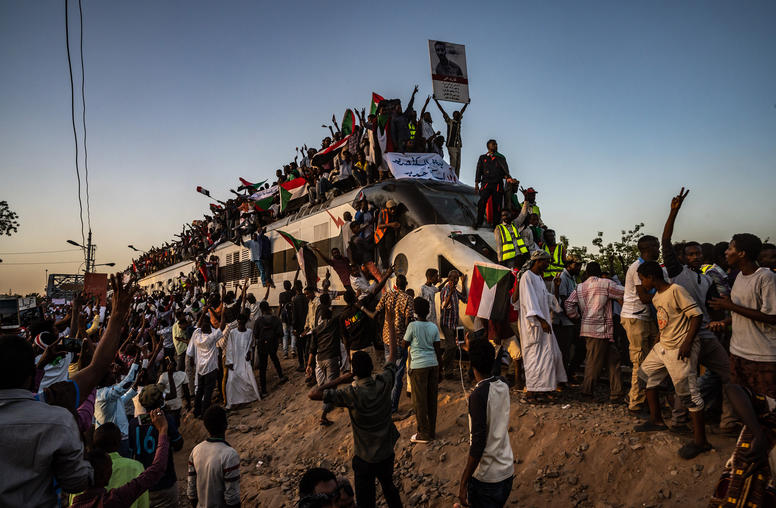
Sudan Remains at a Stalemate After the Military’s Crackdown
It’s been over two months since Sudan’s longtime dictator, Omar al-Bashir, was overthrown by the country’s military following months of popular protests. On June 3, the Transitional Military Council (TMC)—which has been ruling since Bashir’s ouster—escalated its lethal crackdown on peaceful protesters in Khartoum and other cities. The protesters say that their demand is the same as before—a transition to civilian rule—but that they will not negotiate with the TMC unless it first meets certain conditions. What’s happening in Sudan? When will negotiations on the country’s transition resume? How can the international community help? USIP’s Elizabeth Murray discusses the latest on the situation in Sudan.
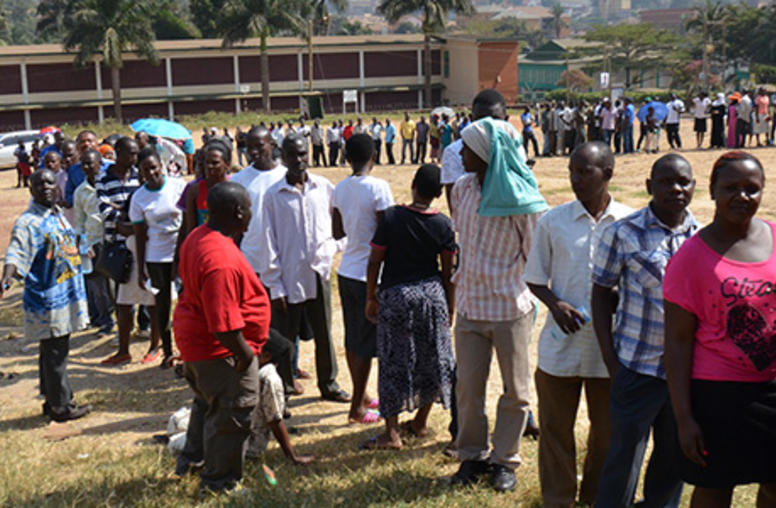
Q&A: Uganda’s Troubled Election
Political polarization is high in the East African nation of Uganda, following the February 18 elections in which President Yoweri Museveni has claimed a victory that will extend his 30-year rule of the country. Elizabeth Murray, who oversees USIP’s programming and research in Uganda, discusses the tensions created by the elections, including the government’s repression, and arrests, of political opponents.